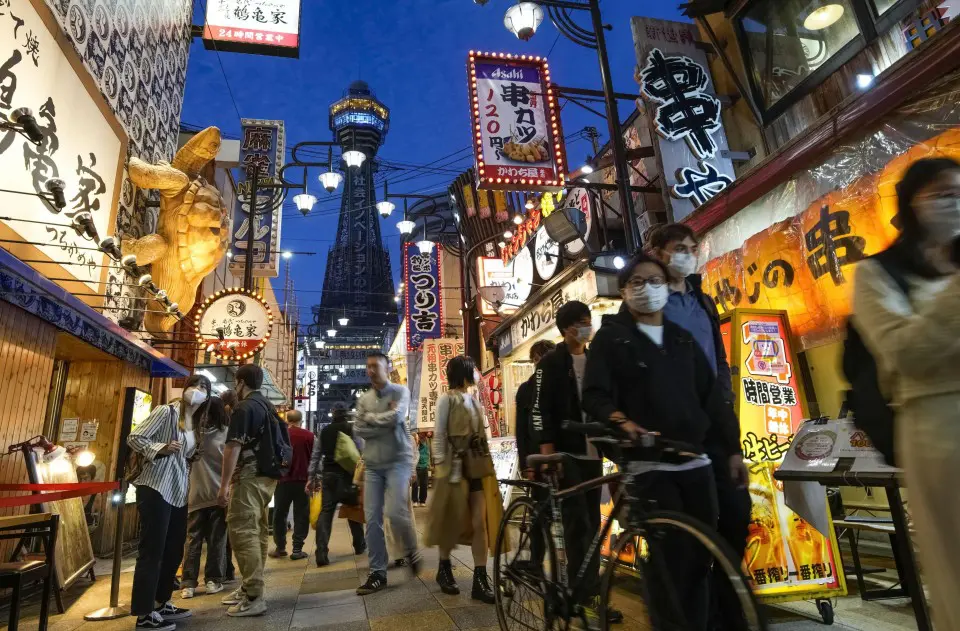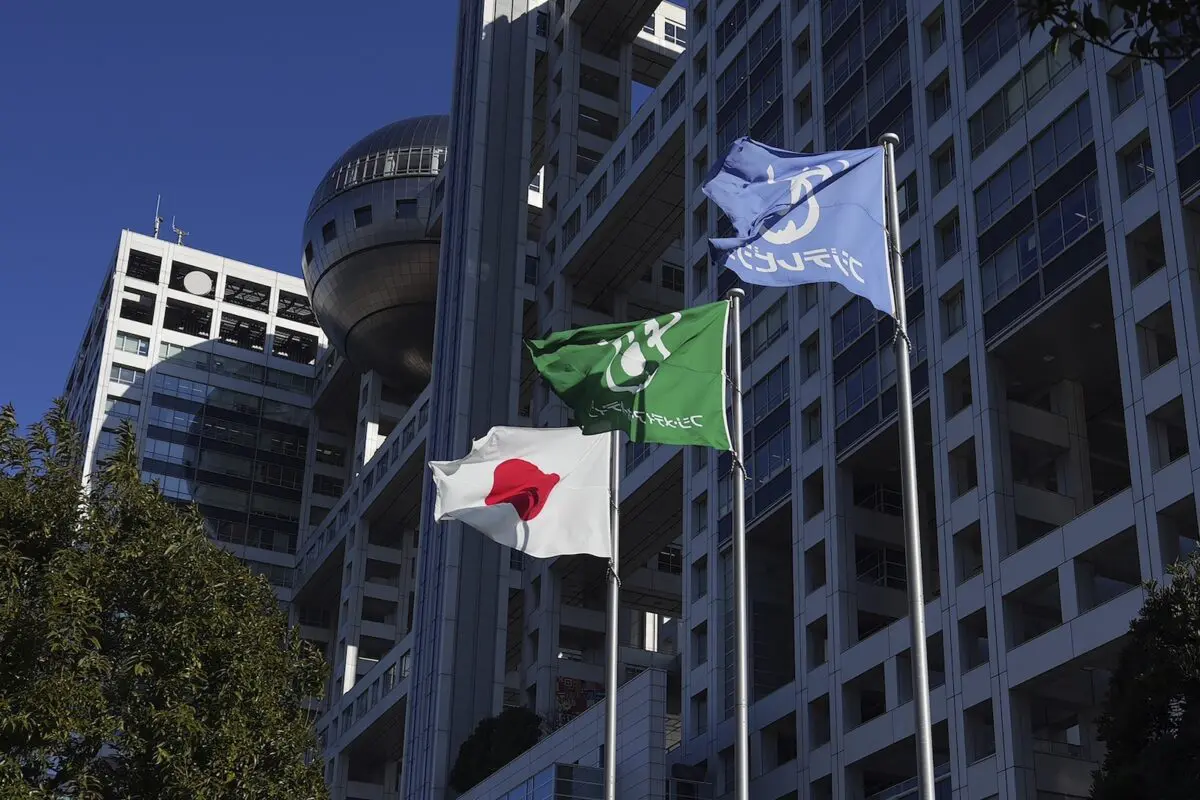The entertainment industry in Japan has witnessed a seismic shift with the recent retirement of one of its most prominent figures, Masahiro Nakai. Known for his charismatic presence as a television host and his past as a member of the iconic boy band SMAP, Nakai’s resignation, following serious sexual assault allegations, has sent shockwaves through both the public and corporate spheres. This article delves into the details of Nakai’s situation, examining the implications of his scandal, the reactions from the advertising world, and the broader impact on Japan’s entertainment landscape.
The Rise of Masahiro Nakai
Born in 1972, Masahiro Nakai’s career began with his rise to fame in the 1990s as the lead singer of SMAP, one of Asia’s most successful boy bands. The group released over 50 singles that dominated the charts, and launched a weekly prime-time variety show that became a staple of Japanese television. The band not only enjoyed commercial success but also pioneered a new form of entertainment that blended pop music with comedic skits and celebrity interviews.
Following the disbandment of SMAP in 2016, Nakai transitioned to hosting various television programs, becoming a household name and one of Japan’s wealthiest entertainers. His charm and wit won him many fans, making his recent scandal all the more shocking.
However, this success has now been overshadowed by a series of allegations that have called into question not just Nakai’s reputation, but also the ethics of the entertainment industry that has supported him for decades.

The Allegations and the Fallout
The scandal erupted after accusations emerged that Nakai had sexually assaulted a woman during a dinner party organized by Fuji Television in 2023. The nature of the allegations, which included claims of a cover-up by the broadcasting network, intensified public outrage. Despite Nakai’s denial of using violence and his attempt to reach a private settlement with the accuser, his reputation suffered irreparable damage.
This scandal did not just affect Nakai personally; it triggered a wave of backlash towards Fuji Television. Companies began withdrawing their advertising, fearing association with Nakai and his alleged actions. Major brands like Nissan and Toyota pulled their ads as they attempted to distance themselves from the scandal, leading to significant financial repercussions for the network.
As more details began to surface, it became evident that this incident wasn’t isolated. The Japanese entertainment world is grappling with long-standing issues of power dynamics and varying degrees of misconduct, bringing to light a culture that often prioritizes celebrity over the truth.
Nakai’s Apology and Retirement
In a heartfelt yet contentious announcement, Nakai acknowledged the trouble he caused and expressed regret for the situation, stating how deeply sorry he was for the way he had to say goodbye to his fans. His resignation was marked by a sense of inevitability, as the backlash persisted despite his attempts to mitigate the damage. This was not just a resignation; it represented a turning point for many in Japan, as they reflected on the culture of silence surrounding harassment and misconduct.
The television industry’s reputation is now on the line as it faces scrutiny for not only past incidents but for its mechanisms to address such claims moving forward. As Fuji Television prepares to establish an independent committee to investigate the matter, it stands at a crossroads, one that could either lead to systemic change or reinforce the status quo.

The Response from the Public and Companies
The public’s reaction to Nakai’s resignation has been mixed. While many fans expressed disappointment and confusion, others hailed a much-needed reckoning within the industry. Social media platforms are rife with discussions, memes, and debates regarding celebrity culture in Japan. Notably, several public figures have emerged to voice their support for the victims, underscoring a growing movement that demands accountability.
Corporations, too, face a delicate balancing act. While they withdraw support from implicated figures, they also risk alienating a fan base that has been loyal for years. This precarious situation presents challenges, as brands must navigate the fallout with tact to avoid further backlash.
In the wake of Nakai’s conduct, commentators have noted the often unseen pressures on entertainers in Japan, shedding light on how the industry’s structure can foster an environment where misconduct may thrive. The balance of power between entertainers and their employers needs to be re-evaluated to safeguard the wellbeing of all individuals involved.
The Broader Implications for Japan’s Entertainment Industry
As one of Japan’s most recognized media faces bows out amid scandal, Nakai’s retirement serves as a clarion call to reexamine the inner workings of the entertainment industry. The fallout from his actions may lead to necessary changes or indicate stagnation, depending on how stakeholders respond.
Nakai’s situation mirrors other high-profile misconduct cases globally, sparking likening to movements such as #MeToo, where victims have risen to challenge powerful figures. This is particularly significant within Japan’s traditionally conservative society, where such discussions are starting to gain traction.
The entertainment industry might find itself at the beginning of a transformative era, one marked by public accountability and a shift in power dynamics. Companies are now under pressure to enforce clear policies that protect individuals and foster an environment where complaints can be voiced without fear of retaliation.

Future Prospects
The path forward involves challenging established norms and fostering a culture of respect and transparency where talent can thrive without fear of misconduct. Organizations within the entertainment sector should work collaboratively to create a safer environment that can overcome the stigma associated with making allegations. The hope is that Nakai’s case is a catalyst for broader societal change, ensuring that future generations of entertainers will have a platform where they can express their creativity free from the shadows of abuse.
Only time will tell how the current crisis will reshape Japan’s entertainment landscape. The unfolding consequences of Nakai’s actions will resonate far beyond his retirement, prompting reflection and possibly reform. As society evolves, new standards of conduct in the entertainment industry will be established, fostering an atmosphere of accountability.
Looking Back: A Reflection on Nakai’s Legacy
Ultimately, Masahiro Nakai’s legacy will be viewed through a complex lens of both his significant contributions to Japanese pop culture and the darker controversies that now overshadow those achievements. Fans who grew up with his music and shows may struggle to reconcile the entertainer they admired with the individual now associated with serious allegations.
This duality raises questions on how society evaluates responsibility and the past. As discussions continue to unfold, there lies an opportunity for growth, healing, and eventually, a richer understanding of the multi-faceted nature of public figures.
As Japan deals with this new chapter in its entertainment story, it must confront the uncomfortable truths embodied within Nakai’s narrative and work towards fostering an industry where respect, safety, and excellence reign supreme.

Hi, I’m Sarah, a 30-year-old journalist with a passion for storytelling and uncovering the truth. I strive to bring important issues to light and connect with my audience through compelling narratives.



